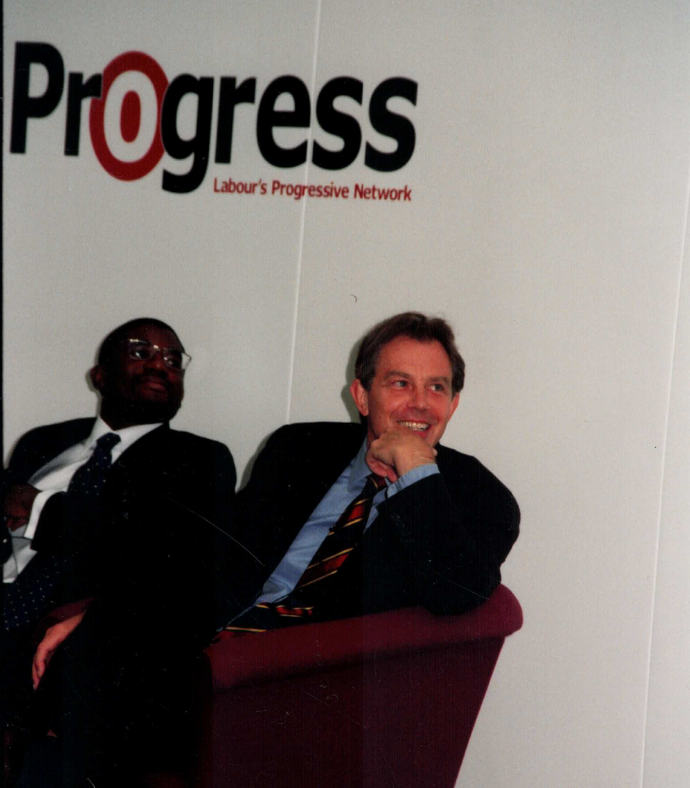
Social democracy is like painting the Forth Bridge: a ceaseless task of applying progressive values to civilise capitalism. In foreign policy, these values are much harder to deploy in building bridges and challenging hostile actors.Labour’s multi-pronged policy combines securing national interests, which we define differently from the Conservatives, driving development and peace, and supporting like-minded forces as well as allies with which we transact for mutual benefit even if we don’t share their values.Averting conflict is the priority but sometimes wars are unavoidable, and we are not pacifists. We were right to oppose calls for an immediate ceasefire after the barbarous Hamas pogrom last October as it would have denied Israel’s right to self-defence as a legitimate state.But things change. Israel claims its targeting is diligent, but it seems indiscriminate and over the top, as Biden says. Labour’s stance on the Hamas/Israel ceasefire in the recent Commons debate was comprehensive, careful, and caveated and did not compromise principles.We are not a debating society rehearsing often partial pieties and ignoring how countries and circumstances change. Partial rhetoric isn’t good enough for a party of government. For instance, I recently heard leftist criticism of UK support for Saudi Arabia’s long war alongside the recognised government in Yemen against the Houthi rebels. That war ended in 2022 when Russia’s invasion of Ukraine fundamentally changed all calculations. And, like it or not, Saudi is vital to peace-building and the two state solution in the Middle East.On the other hand, Russia wants to diminish Western power and expand. See the Polish Foreign Minister’s forensic critique of Russia at the UN. Russian victory would require more defence spending to deter further aggression and Trump pulling the plug on Europe. Trump exploits resentment in America that it cooks the dinner while the Europeans only do the washing up. Trump’s possible Veep, Senator Vance says that Europe should not be a US “protectorate” or “crutch,” which is true.We cannot know if Trump’s crude rhetoric is a bargaining bluff, but we must prepare for the worst. We can argue that the transatlantic alliance benefits the US and share Tom Friedman’s fear that America First can become America Alone. We may lose that argument for some years, maybe decades as America swings again to a more isolationist position.In any case, Europe investing in Ukraine’s victory will save lives and billions in the future. On the second anniversary of Russia’s attack there is much gloom about the West’s lack of an industrial defence capability, too few munitions that prevent Ukraine from undertaking offensive operations, and the fear that Ukraine may never retrieve its lost territories.Optimists say that a smaller Ukraine and one that joins the EU and Nato will be a standing rebuke to Putin. But Ukraine is a victim we should not abandon or kid ourselves that warm words will do the trick. We need to stay the course and increase our support urgently.We should learn from Finland and Estonia whose long experience of Russia is invaluable. There’s a crude saying in Finland that a Russian is a Russian whether you fry him in butter or not. Iain Martin cites Finnish strategists who “concluded that Russia could always pose a threat and at some point deviate back to its historic norm as a large state that likes to bully, invade, coerce or control its neighbours.” Finland is ramping up arms production in ways the rest of the West has been slow to do. Finland has recently joined Nato, thanks to its left-wing, and its model of defence is exemplary.The Estonian Prime Minister recently addressed a major conference in Hamburg from which Putin walked out in a huff some years back. She rightly argued: “Let’s not make the mistakes of the 1930s. Our mantra should be that defence is not escalation. Resistance does not provoke Russia – weakness does.” She added: “Unity is our hardest currency. Together we can help Ukraine win this war. We have the resources, the economic might, the expertise. Our strength outweighs Russia’s. Let’s not be afraid of our own power.”Paul Mason ably details how Labour could beef up our defence industries and rush more arms to our ally. Paul rightly argues that “we can make the case better to our own people that Ukraine is the front line of a conflict that we cannot escape from and which – if we don’t stop the aggression here – will engulf us. The Labour front bench has been exemplary – but I don’t think the whole party is putting argument front and centre in its dialogue with voters.”Such understanding is vital given the long hard road to better defence with or without America. Populist slogans may make some people feel righteous but Labour in opposition and hopefully in government must work out how best to exercise its influence.We all want to be on the right side of history but defining that is not a monopoly of strident simplifiers of complexity. Labour, on the other hand, has no choice but to continue to clearly analyse and act in these grim geopolitical times.
To read more from Gary Kent, see Decoding Global Conflicts: Politics, Populism and the Road to Peace.




